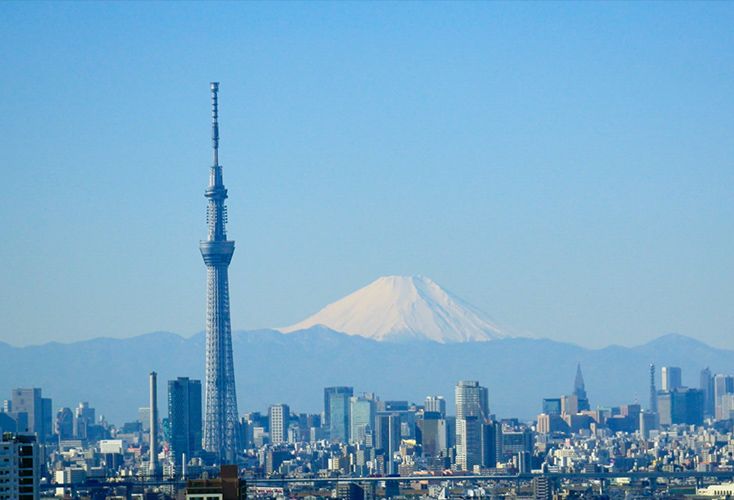Since April 2020, the Prime Minister of Japan has declared a state of emergency four times, most recently in Tokyo and Okinawa until August 22, 2021.
To curb the spread of Covid-19, Japan’s central and local governments have implemented a series of measures.
According to the Japanese government, key measures have included advising bars and restaurants that offer alcoholic beverages, as well as karaoke facilities, to close; advising restaurants other than the above to reduce business hours; advising companies to reduce the number of workers physically commuting to work by around 70%, advising people to avoid late-night outings, and restrictions on capacity and closing by hours at certain events.
At the same time, economic activities continue to be subject to varying degrees of restrictions across the country based on their Covid-19 risk profile and citizens are encouraged to change their activities, including adhering to social distancing guidelines, in ways that could discourage normal economic activity.
In addition, restrictions on international travel by the Japanese government remain in force; As of July 21, 2021, 159 countries/regions were subject to travel restrictions.
State of emergency
Citizens of such countries and regions are generally prohibited from entering Japan under current travel restrictions, which has had a severe impact on both business travel and inbound international tourism, an important and previously growing sector of the Japanese economy.
Although the Japanese government and the Bank of Japan have also announced and implemented a series of fiscal, monetary and economic measures aimed at mitigating the resulting economic impact, the significant disruption in economic activity as a result of the Covid-19 pandemic, and the measures taken in response to the pandemic are expected to have a significant negative impact on overall economic conditions in Japan.
According to the Monthly Economic Report published by the Cabinet Office of Japan and released on July 19, 2021, although there are indications that the downward trend of economic conditions in Japan is beginning to soften (such as an increase in exports and signs of improving business investment, industrial production, corporate profits, and employment situation), economic conditions in Japan remain weak as a result of the pandemic, including negative consumer spending.
As a result of the gradual resumption of socio-economic activities and the implementation of various measures related to Covid-19 and the progress in the development and distribution of vaccines, the economy is expected to move towards improvement.
However, the duration and extent of the economic impact of Covid-19 remains highly uncertain.
Other uncertainties
Additionally, Japan’s economy continues to face challenges due to the impact of trade disputes on the global economy and uncertainties surrounding overseas economies, as well as the effects of fluctuations in the financial and capital markets.
The Japanese economy is also exposed to uncertainty in geopolitical conditions, including concerns about North Korea‘s nuclear weapons program and continued instability in the Middle East.
In relation to Japan’s fiscal conditions, they face challenges, with their tax revenues covering approximately 54% of their expenses under the initial budget for fiscal year 2021, and the relationship between long-term debt of governments is expected to central and local and the gross domestic product increased from 198% at the end of fiscal year 2019, to 225% at the end of 2020 and 217% at the end of 2021.
The Government of Japan seeks to address these fiscal challenges through the «comprehensive reform of social security and taxes», which was approved by the Diet in August 2012, and thus maintain the confidence of the market and the international community in Japan and lay the foundations for stable economic growth.
![]()

